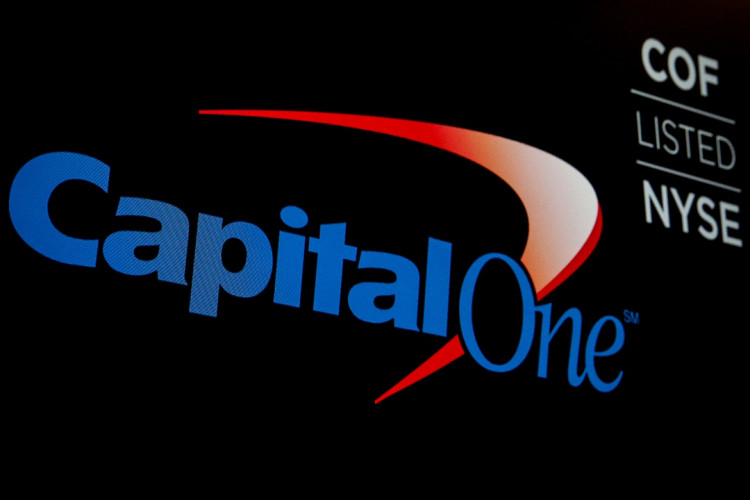Capital One Financial has announced a monumental $35.3 billion acquisition of Discover Financial, a deal poised to reshape the competitive landscape of the payments processing market, traditionally dominated by giants Visa and Mastercard. This all-stock transaction not only signifies a strategic expansion for Capital One but also raises questions about the future dynamics within the industry, especially concerning fees and market control.
Analysts are closely watching the potential impact of this merger on the broader payments ecosystem. J.P. Morgan analyst Tien-tsin Huang pointed out, "The acquisition is a negative headline for Mastercard and Visa, in our view," reflecting the sentiment that Capital One's integration with Discover's payments network could significantly alter the current market structure, as reported by Reuters. The announcement led to a notable dip in Visa and Mastercard's shares, with Visa falling 1.2% and Mastercard nearly 3%.
Capital One's strategic maneuver aims to leverage Discover's robust network of payments processing and settlement services, potentially reducing its dependency on Visa and Mastercard. This shift could enable Capital One to generate substantial savings, estimated at $1.2 billion by 2027, according to the company's projections. However, the transition to Discover's network may unfold gradually, given Capital One's recent renewals of partnerships with both Visa and Mastercard.
The deal has sparked a surge in Discover's shares, which climbed 11.3% to $122.95, edging closer to the offer price of $139.86 and significantly boosting its market capitalization by over $3 billion. In contrast, Capital One experienced a nearly 2% decline in its stock value following the announcement.
Capital One CEO Rich Fairbank expressed optimism about the merger, stating, "We will benefit from the additional scale and volumes that come from being the network for other banks." However, the deal's magnitude has not escaped regulatory scrutiny. Expected to be the largest transaction in the global credit card industry, according to Dealogic, it will likely face a thorough examination from the Biden administration's antitrust enforcers. The merger positions the combined entity as a leading player in a market where the top 10 companies hold approximately 90% of the share.
Despite potential regulatory challenges, Fairbank remains confident in the merger's prospects for approval, emphasizing the operational savings and strategic advantages the combination would bring. However, the National Community Reinvestment Coalition has expressed concerns, with President and CEO Jesse Van Tol remarking, "It is very difficult to imagine how federal regulators could allow Capital One to buy Discover given the requirement that mergers benefit the public as well as insiders."
The broader context of this acquisition includes heightened regulatory focus on bank mergers, especially in the wake of recent regional bank failures and the controversial approval of JPMorgan's acquisition of First Republic. With the financial industry under intense scrutiny, the Capital One-Discover merger represents a critical test case for regulatory attitudes towards consolidation and competition within the banking and payments processing sectors.




